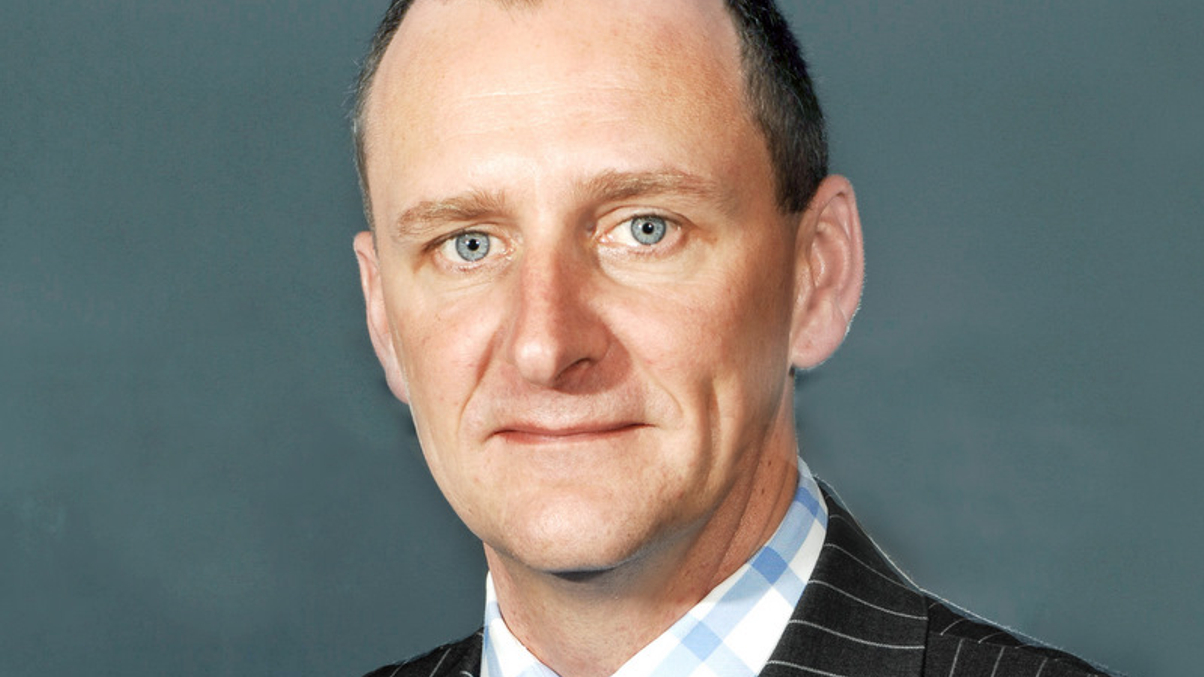"Radical" EU proposal worries custodians
Draft rules could make custodians liable for the assets of alternative investment fund managers and might also extend to Ucits-compliant products.

Global custodians fear they would be liable for clients' assets under the draft European directive for alternative investment fund managers (AIFMs) -- and that could have a radical impact on costs.
Sign in to read on!
Registered users get 2 free articles in 30 days.
Subscribers have full unlimited access to AsianInvestor
Not signed up? New users get 2 free articles per month, plus a 7-day unlimited free trial.
¬ Haymarket Media Limited. All rights reserved.


